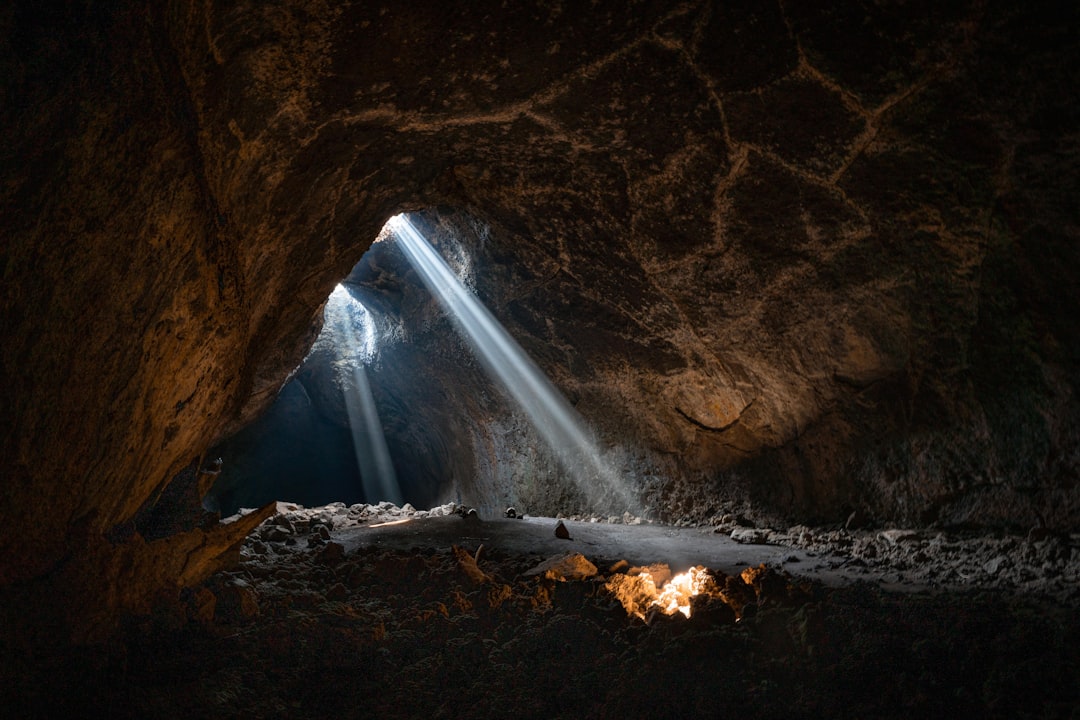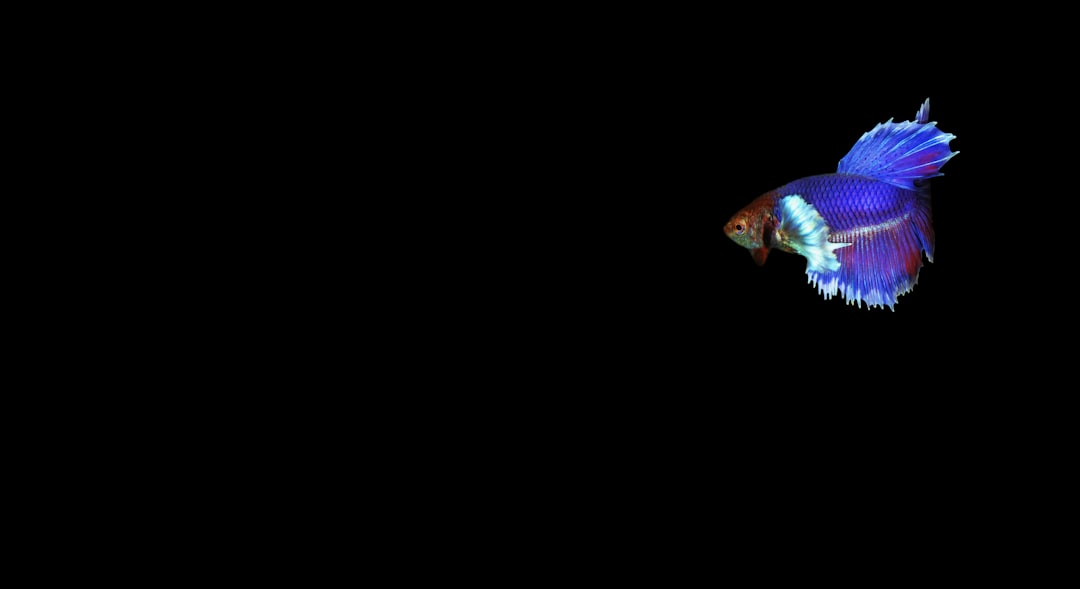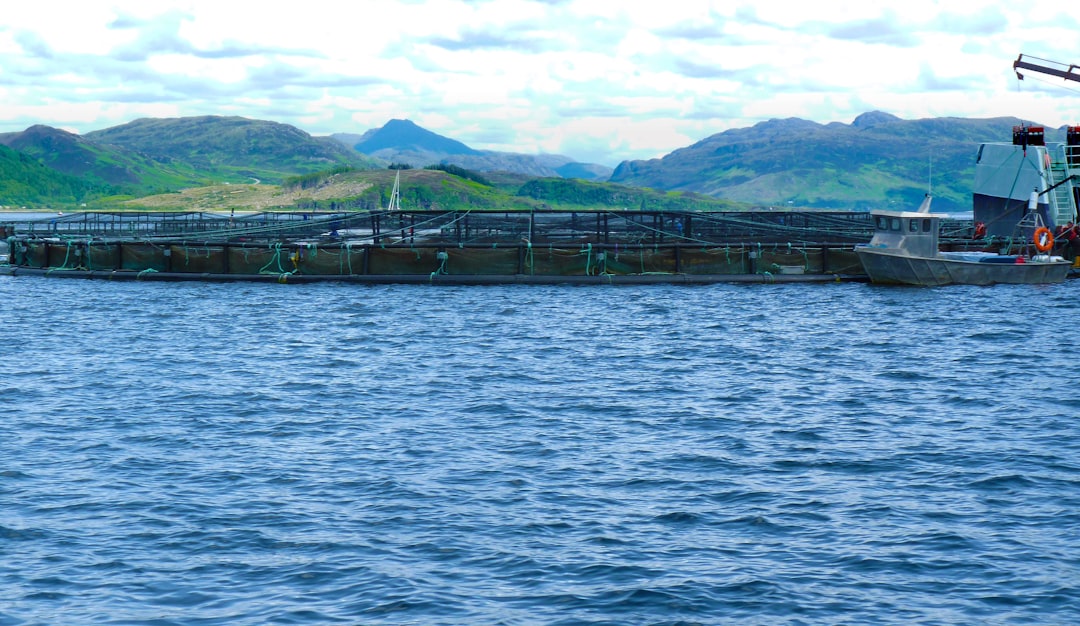What is it about?
Transplantation of mussels to new aquaculture sites is currently being undertaken in Istria (Croatia) to increase production, minimize potential seasonal urban contamination, and secure safer seafood products. The purpose of this study was to determine the effects of season and transplantation on physiological indices (condition index and meat yield) of mussels, Mytilus galloprovincialis. Mussels were obtained from five aquaculture areas in Istria (central Lim Bay, Raša, Budava, Vabriga, and Pomer) and moved to a reference site in inner Lim Bay from April to July. Results showed that both season and transplantation affected physiological indices of mussels. Higher physiological indices were found in cultivated mussels from all areas in summer compared to spring, except in mussels from Vabriga and Pomer. In addition, higher physiological indices were found in mussels transplanted from central Lim Bay to the reference site in inner Lim Bay. Transplantation negatively affected physiological indices of mussels from Vabriga and Pomer, with no change in mussels from Raša and Budava. In conclusion, mussels from all areas exhibit satisfactory commercial results (≥15%) during the peak summer harvesting season. For most transplanted mussels, transplantation itself represents additional stress, bringing into focus adaptation processes, stock genetics, and favorable ecological conditions.
Featured Image
Why is it important?
Aquaculture activities
Read the Original
This page is a summary of: Physiological Indices of Maricultured MusselMytilus galloprovincialisLamarck, 1819 in Istria, Croatia: Seasonal and Transplantation Effect, Journal of the World Aquaculture Society, June 2016, Wiley,
DOI: 10.1111/jwas.12316.
You can read the full text:
Contributors
The following have contributed to this page










